Improving the capacity of the agricultural extension system through the establishment of community agricultural extension teams is one of the important solutions to contribute to the goal of building a modern, sustainable agricultural development and civilized farmers. Quang Tri is one of 13 pilot provinces nationwide implementing Decision No. 1094/2022/QD-BNN-KN of the Ministry of Agriculture and Rural Development approving the Project to improve the effectiveness of agricultural extension activities on the basis of perfecting the model of community agricultural extension teams.

Technical staff of the Provincial Agricultural Extension Center check for pests on rice plants - Photo: TCL
Community agricultural extension teams focus on performing functions and tasks such as: market consulting and developing production linkages along the value chain, supporting cooperatives, technology transfer and digital transformation in agricultural extension; acting as a bridge between farmers, cooperatives and managers and enterprises. From the community agricultural extension teams established in pilot clusters to implement the project of the Ministry of Agriculture and Rural Development ( Quang Tri and Thua Thien Hue provinces were established as a cluster of certified timber material areas in the Central Coast), up to now, the whole province has established 111 community agricultural extension teams with 869 members, including 10 teams under the raw material area project (2 community agricultural extension teams in pilot clusters and 8 extended teams) and 101 community agricultural extension teams outside the project. The community agricultural extension teams are formed on the basis of members who are agricultural extension officers working in the agricultural extension system at all levels in the province.
Through this model, we can improve the capacity of agricultural extension activities to best complete agricultural extension tasks at the grassroots level such as: supporting cooperatives, farmers, market information, production linkage, technology transfer, digital transformation in agriculture...
Based on the decisions to establish community agricultural extension teams of communes, the Provincial Agricultural Extension Center has directed district-level agricultural extension stations to work directly with commune-level community agricultural extension teams to guide the development of operating regulations of each locality in conjunction with production practices; disseminate information about the roles, functions and responsibilities of community agricultural extension teams; develop and implement plans to carry out tasks; grasp and analyze difficulties, limitations and propose recommendations of community agricultural extension teams...
However, according to the assessment of the Provincial Agricultural Extension Center, due to the recent establishment, the community agricultural extension teams have not yet achieved much effectiveness, there is no specific and long-term plan; there is no initial operating budget, so the implementation models are still limited. Therefore, in the coming time, the community agricultural extension team will continue to build and develop appropriate and effective forms of organization and operation. Build and replicate effective operating models of cooperatives, cooperative groups, and linkages in production, processing, and consumption of agricultural products, and promote cooperatives to participate in the OCOP program.
The Provincial Agricultural Extension Center focuses on guiding and directing established community agricultural extension teams to closely follow the following contents: building an agricultural extension information and propaganda network to provide consultation, transfer technology and receive feedback from actual production; propagating, implementing, training and coaching to improve professional qualifications, skills, methods and agricultural extension skills, fostering knowledge on policies and laws for cooperatives and farmers...
Disseminate technical production processes, organize production management, agricultural business, foster knowledge on policies, laws, markets, prevention and mitigation of damage caused by natural disasters, pests on crops and livestock for cooperatives and farmers; receive transfer of technical and technological advances from demonstration models, typical advanced production models and widely replicate them; organize exchanges of agricultural extension and science and technology experiences with organizations and experts according to the provisions of law, in order to improve the capacity and qualifications of grassroots agricultural extension workers.
Coordinate with district-level agencies, departments and branches to direct, advise and support commune-level community agricultural extension teams to operate effectively. Speed up the completion of Criterion No. 13 on "Organization of production and rural economic development" under the National Criteria for New Rural Communes to ensure quality and efficiency, contributing to the completion of new rural construction goals in the period of 2021 - 2025.
The formation of community agricultural extension teams according to the project of the Ministry of Agriculture and Rural Development is gradually removing difficulties for localities in the implementation process, consolidating the system of agricultural extension workers at the grassroots level.
With innovative agricultural extension orientations suitable to the context and situation of agricultural development in our country, the community agricultural extension team model is truly a suitable model to improve the capacity of grassroots agricultural extension, creating a foundation for shifting from subsidized agricultural extension to service agricultural extension and diversifying agricultural extension functions, meeting the needs of farmers in the conditions of agricultural economic development following the trend of the 4.0 Industrial Revolution, dealing with many challenges and linking for development.
Tran Cat Linh
Source


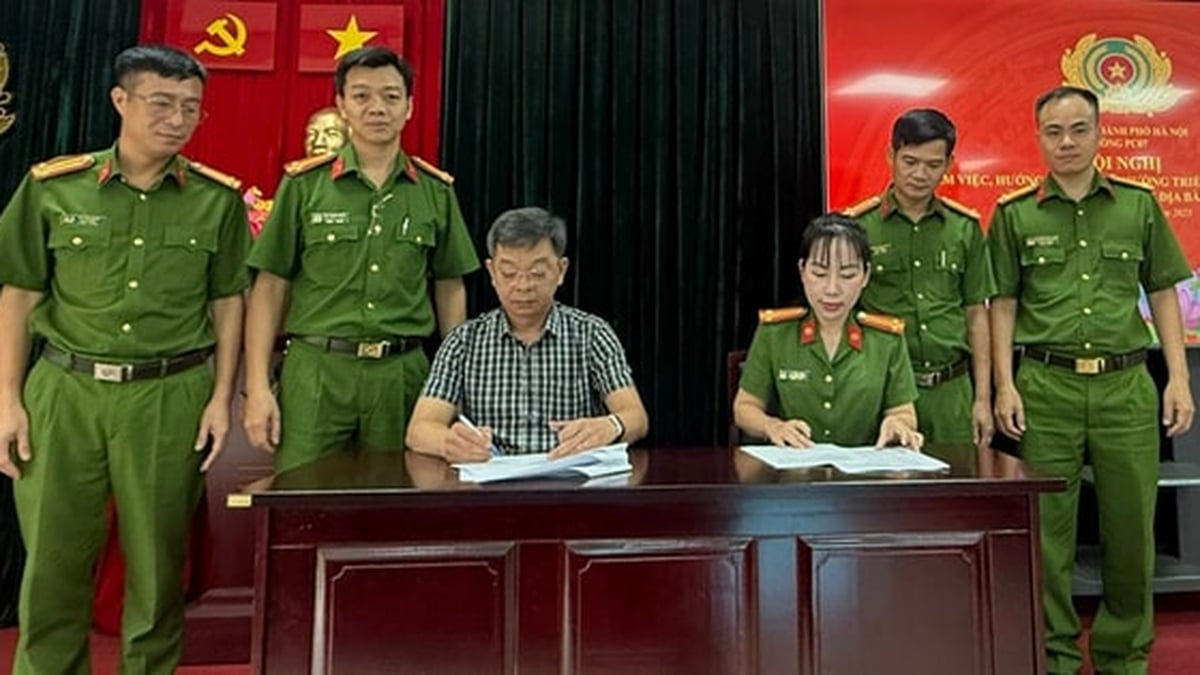
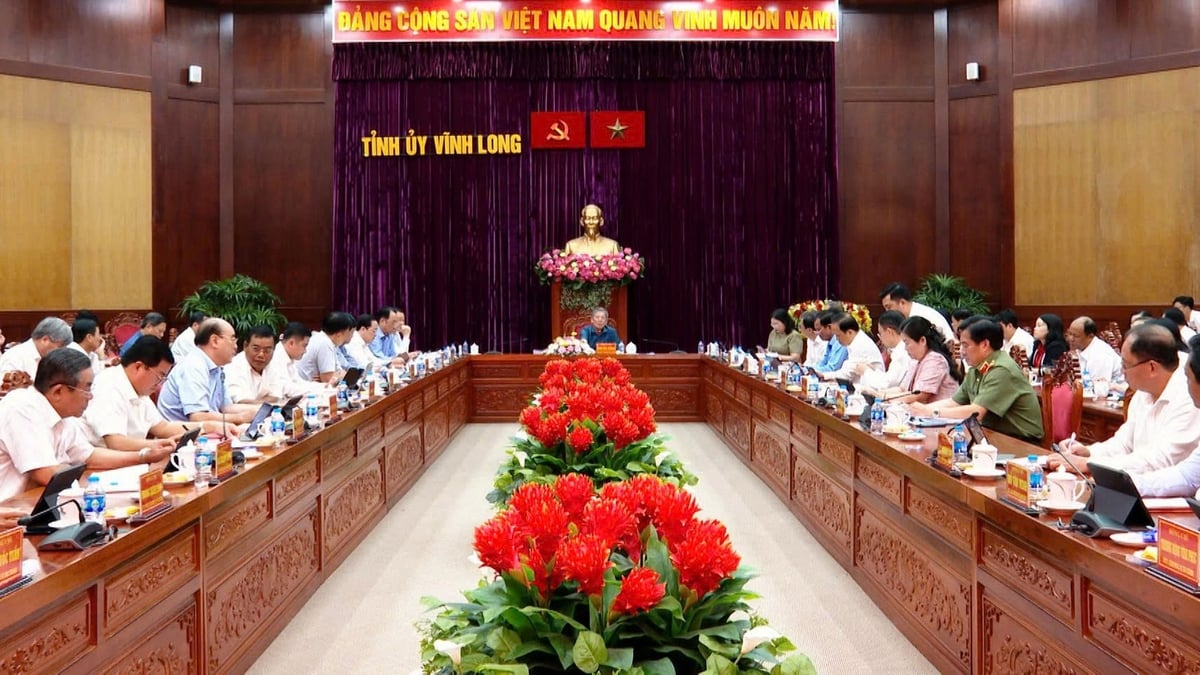
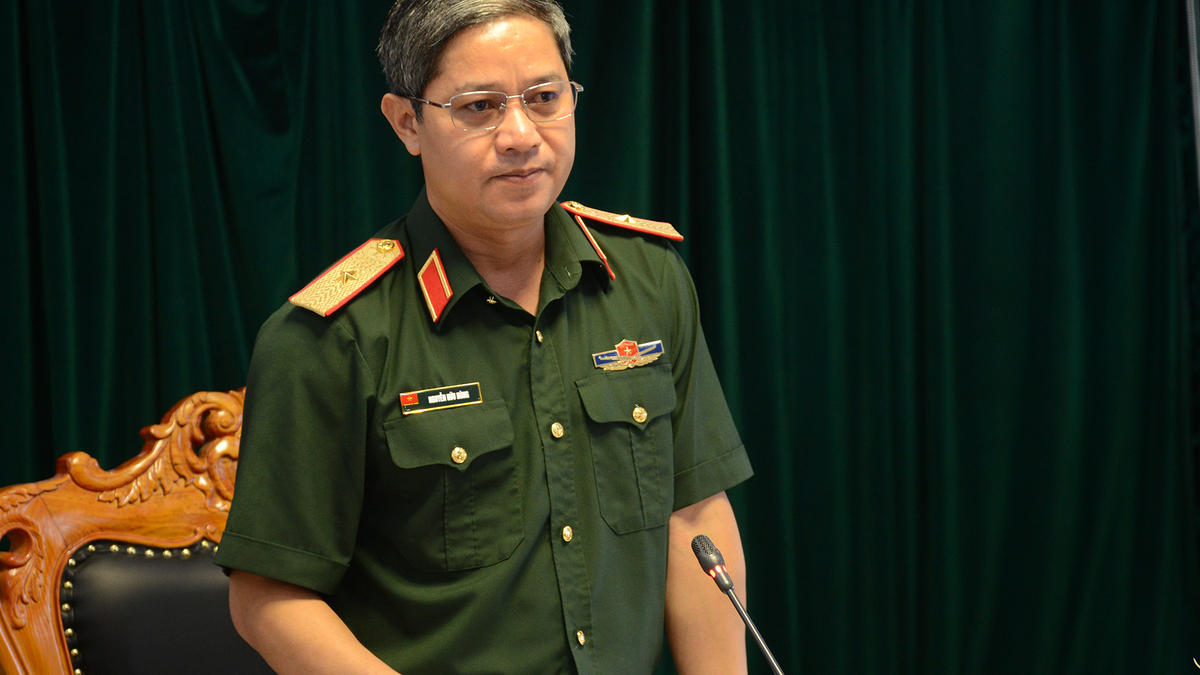
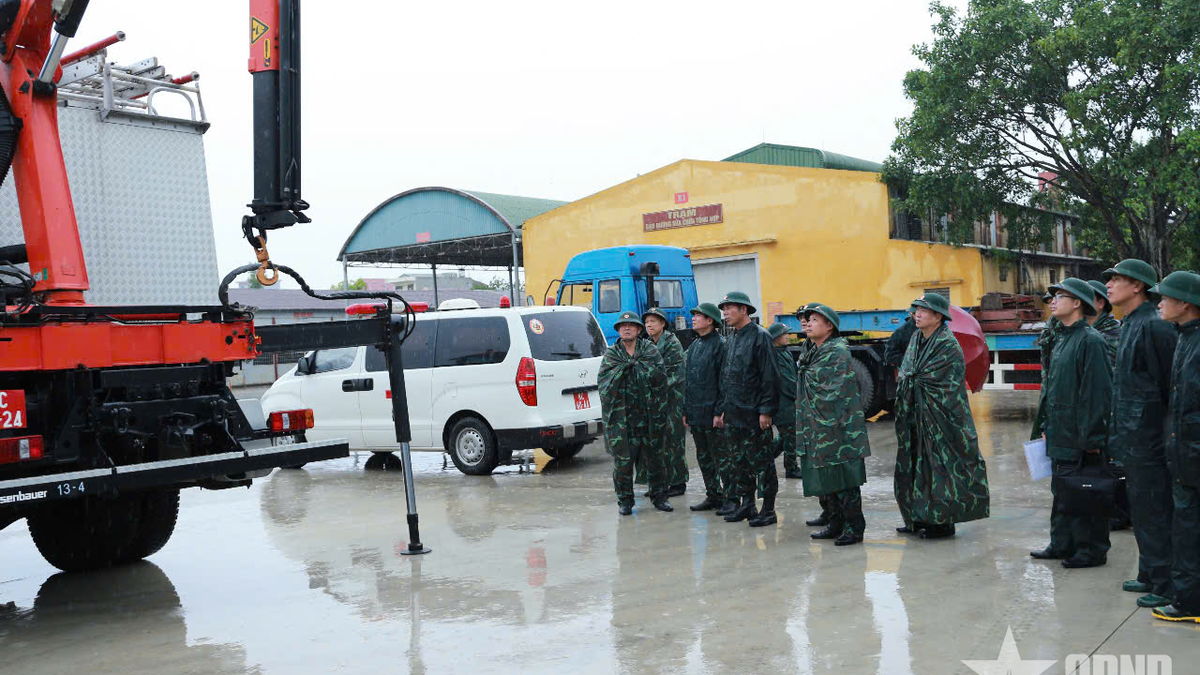




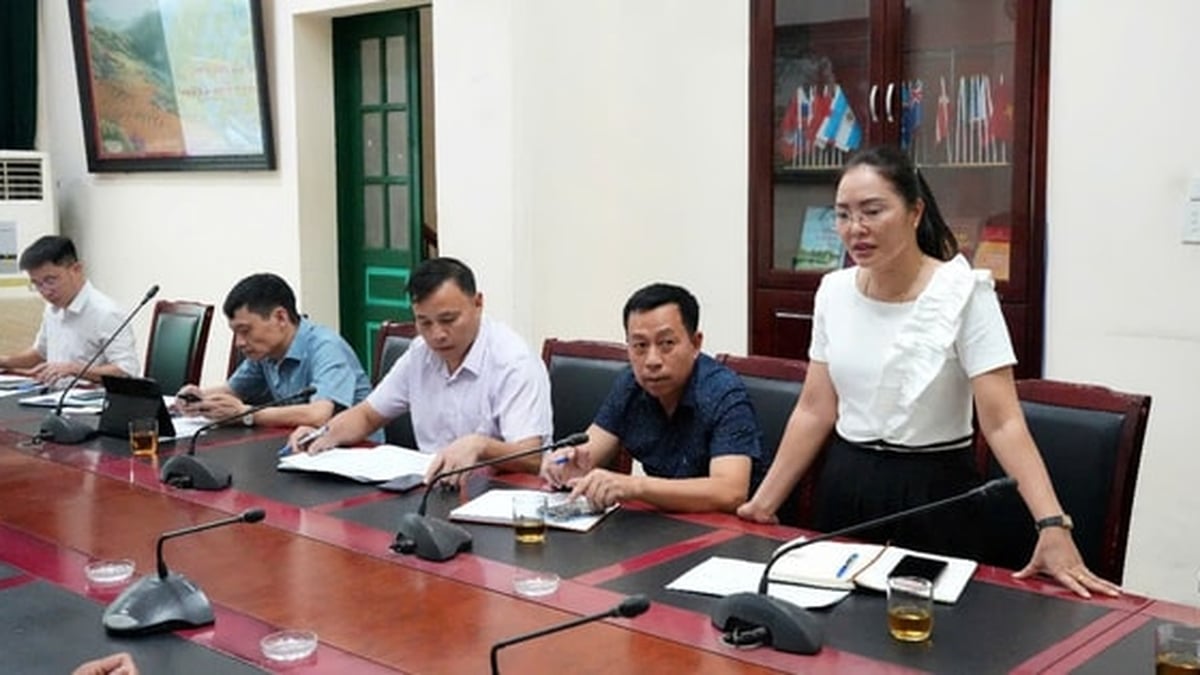
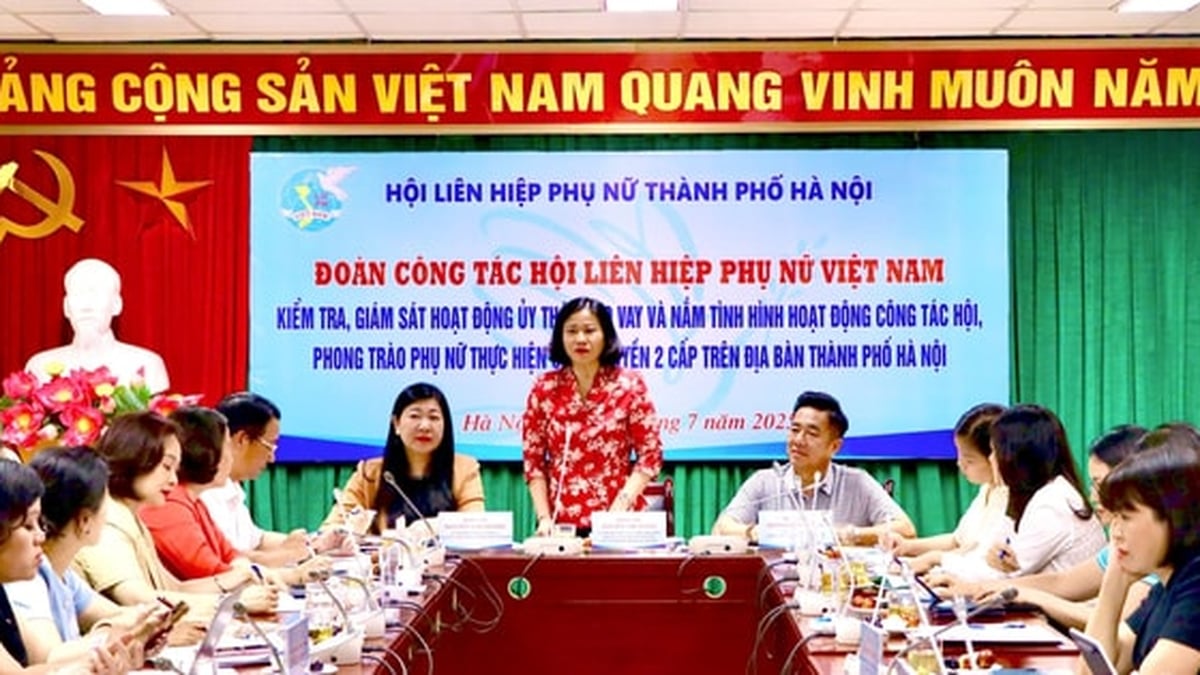












![[Photo] National Assembly Chairman Tran Thanh Man visits Vietnamese Heroic Mother Ta Thi Tran](https://vphoto.vietnam.vn/thumb/1200x675/vietnam/resource/IMAGE/2025/7/20/765c0bd057dd44ad83ab89fe0255b783)












































































Comment (0)